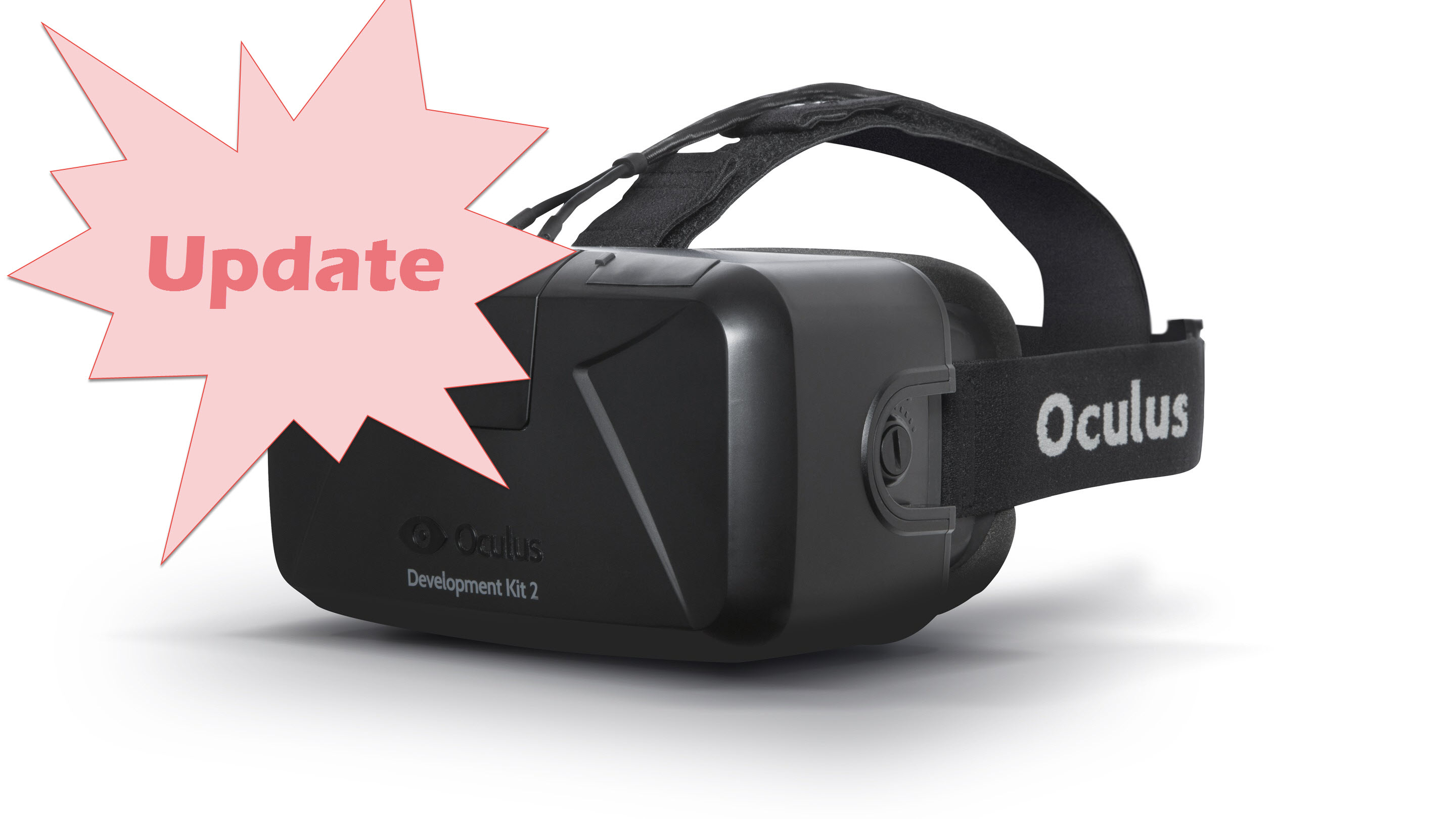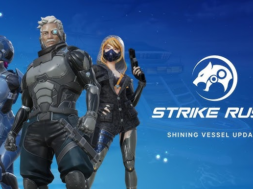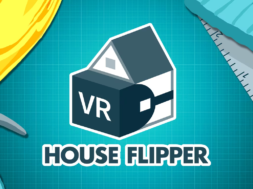SDK 0.4.3 has been released for Oculus users

Almost eight weeks since the last release of the SDK we see a lot improvements. 0 MS latency, stability and performance have improved, driver has been updated to support multi-threaded calls efficiently a, finally Linux is supported (experimental) and an option to suppress the Health and Safety warning is added. See the full change log in the tabs below:
[symple_heading type=”h2″ title=”full change log SDK v0.4.3 beta” margin_top=”20px;” margin_bottom=”20px” text_align=”left”]
[symple_tabgroup]
[symple_tab title=”New Features”]
Oculus SDK
- Display Driver latency reduction in Direct Mode by 1 frame, resulting in 0ms Post-present.
- Updated display driver to support multi-threaded calls efficiently, this may improve performance in some scenarios.
- Added option in the Oculus Configuration Utility to Suppress the Health and Safety Warning during active development.
- Added option in the Oculus Configuration Utility to set the OVRServer logging level.
- Camera centering persists across applications.
- Updated the Health and Safety Warning screen to reflect an age restriction of 13. More information can be found in the Oculus VR Best Practices Guide and in the Oculus VR Health And Safety
- Warnings documentation.
- Experimental Linux support (see included LINUX_README).
- Added an error dialog notification to notify users if direct mode fails due to conflicting shims.
- Numerous stability and performance improvements.
Unity
- Unity 4.5.2 and 4.5.5 are supported; 4.5.3 and 4.5.4 are not. Also added support for Unity Free in Unity 4.5.5 and up.
- Overhauled Unity C# API. Reduced performance overhead. See the migration guide for more details.
- Improved support for multi-layered rendering. Just instantiate multiple OVRCameraRigs, set Camera.depth and Camera.clearFlags for each eye, and use.
[/symple_tab]
[symple_tab title=”Bug Fixes”]
Oculus SDK
- Fixes in Vsync direct mode tearing.
- Fixed a bug in the D3D10/11 rendering path that was causing the overall brightness of the visuals to change on some systems.
- Improved OpenGL state management through contexts.
Unity
- Fixed a source of jitter in TimeWarp timing that resulted in shaky images.
- Removed problematic “out of camera range” message. Will be replaced by an optional camera bounds visualization in a future release.
- In the editor, Game view rendering no longer targets the wrong view.
[/symple_tab]
[symple_tab title=”Known Issues”]
Oculus SDK
- In order to reduce head tracking latency and make sure the CPU and GPU frame processing overlap as much as possible, there are currently 2 major CPU/GPU synchronization points in the SDK rendering path. This can cause performance problems for applications that tend to do a good deal of CPU processing or buffering of many draw calls at the start of a new frame by introducing GPU “bubbles” into the command buffers.
- The Mac version of the Oculus Configuration Utility may get stuck in an upgrade loop during a Firmware update. The workaround is to let the update complete and then power cycle the DK2.
Unity
- D3D11 in extended mode is unsupported for this release. This configuration will typically appear to judder due to being capped at the 60hz refresh of your primary monitor.
- Forcing Unity to use OpenGL on Windows is unsupported for this release. This configuration is currently unstable and may encounter crashes.
[/symple_tab]
[/symple_tabgroup]







